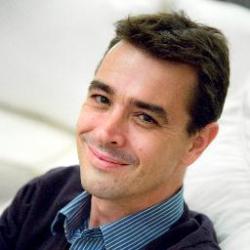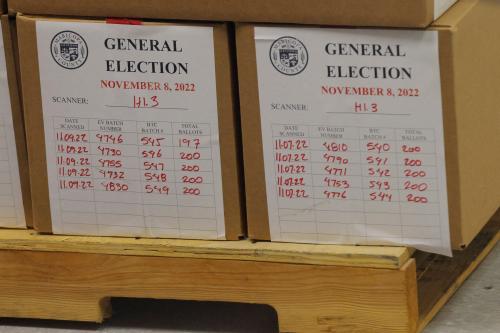Economists Max Roser and Esteban Oritz-Ospina updated their visualizations on extreme poverty. The entry contains over 40 visualizations, all with explanations and discussions on a range of aspects related to global poverty. Their first chart also ends with the myth that some people may be poor but happy. In fact, poor people are not happy and citizens of wealthier countries are more satisfied with their lives.
Last weekend’s referendum in Turkey generated a lot of interest among the countries that host a significant number of Turkish migrants, especially Germany, which is home to 3 million residents of Turkish origin. Many commentators and observers are still puzzled that 62 percent of them voted for constitutional change in Turkey, i.e., “For a system they do not want to live in,” as mayor of Essen put it. Some early analysis suggests that the Turkish emigrant vote sent a message to Germany (not Turkey): “Erdogan treats them with the respect they miss in German society, and from German politicians.”
Economist Ricardo Hausmann published Das Knowhow Kapital in Project Syndicate, analyzing the current economic policies of South Africa, a country he knows very well and that reminds him of his own Venezuela, where he previously served as finance minister. His main point: The old dichotomy between capital and labor, which was further promoted by the French economist Thomas Piketty, does not hold anymore. Instead, it serves as a pretext for disastrous and anti-poor economic policies. A few highlights:
- Capital is no longer what it used to be. It has now become a cheap and abundant commodity. If you don’t own it, you can rent it.
- The problem is that production requires not just capital and labor, but also knowhow, or the capacity to perform tasks—a factor of production ignored by Marx and his acolytes. It exists only in brains. It comes in incredible diversity, including cooks, auditors, plumbers, chiropractors, and web designers.
- Knowhow is transmitted and accumulated slowly, mostly on the job through a protracted process of imitation and repetition, otherwise known as learning by doing. A manager with 20 years of experience cannot be created overnight. However radical a transformation you want to achieve, knowhow cannot be expropriated or nationalized. It cannot be extracted, like teeth, from the brains that possess it now.




Commentary
Future Development Reads: Visualizing poverty, Turkey’s constitutional change, and economic policies in South Africa
April 21, 2017